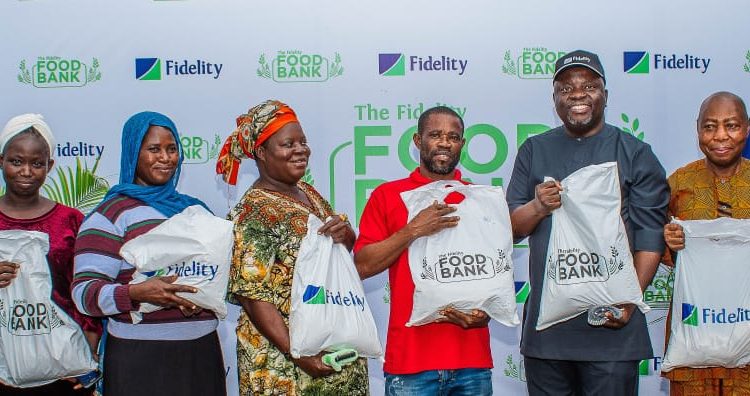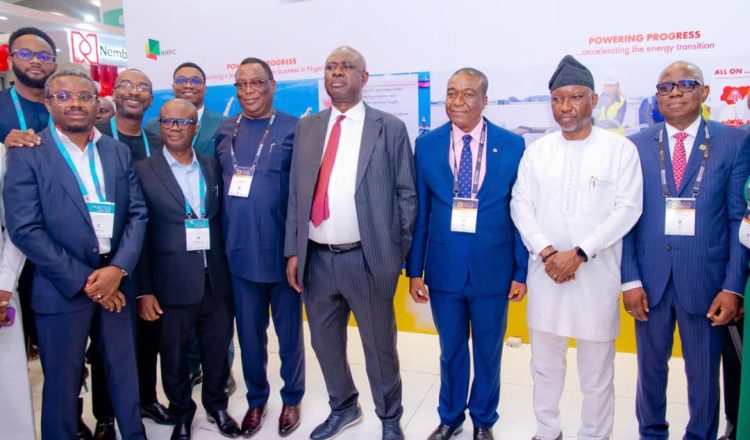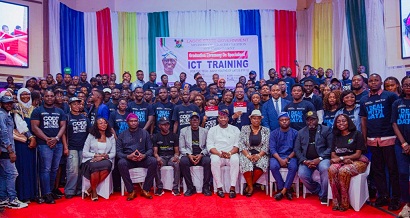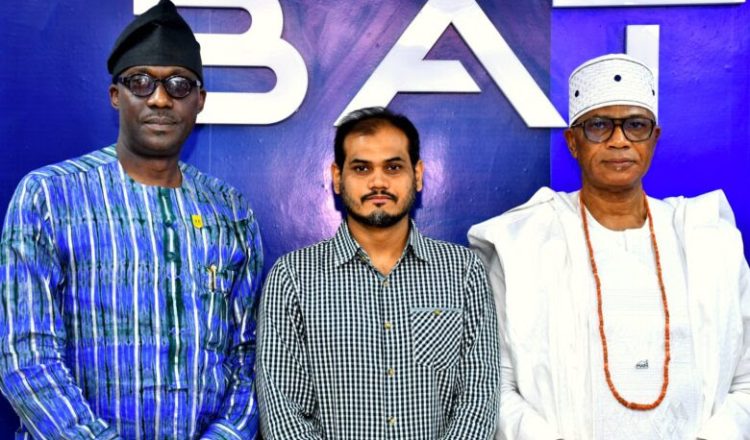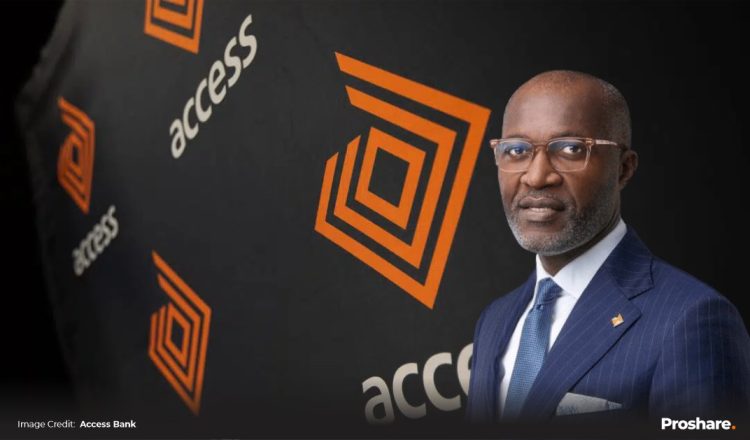FirstBank Unveils Advanced Facial Biometric Technology On FirstMobile For Seamless User Enrollment , Device Activation
By Winifred Bosa
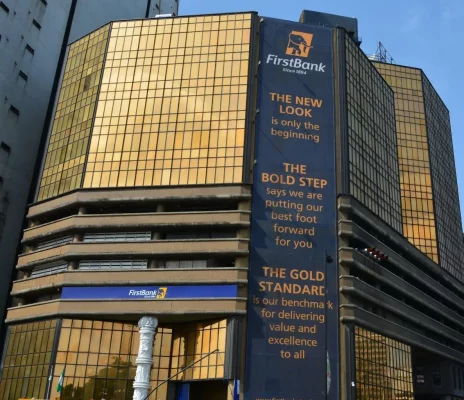
FirstBank, the West Africa premier financial institution and financial inclusion services provider has launched an advanced facial biometric technology on its mobile banking application- FirstMobile, along with other exciting features that includes:
• Facial recognition sign-up and activation
• Virtual credit cards for secure online shopping
• Instant credit card activation
• Flexible salary advances with 3-month repayment options
• General improvements, bug fixes,
These upgrades all aim to provide customers with a seamless, secure, and efficient digital banking experience.
The new facial biometric feature enables users to activate or register on FirstBank’s mobile app- FirstMobile securely, using facial verification. This feature also includes an advanced anti-spoof detection, to enhance customer account protection and ensure robust security.
This innovative solution effectively addresses the diverse needs of customers, including new customers, diaspora customers without cards, individuals with lost or expired cards, those who have opted out of card use, as well as customers facing card verification failures or lacking convenient access to card details.
This feature will provide seamless access to essential banking services, such as fund transfers and bill payments ensuring swift, reliable, and convenient transaction processing for all users.
The newly enhanced FirstBank mobile banking platform, FirstMobile, offers a comprehensive array of features and services designed to provide our customers with a seamless and innovative digital banking experience, no matter where they are in the world. With these substantial improvements, users can easily sign up and activate the app using just their face.
They can shop online securely with a virtual credit card that is instantly issued and always accessible within the app. Additionally, customers can activate their new credit card directly from the app to start spending immediately. They also have the option to access salary advances with a convenient 3-month repayment plan.
“With these new services now live on FirstMobile, we are confident we will undoubtedly enhance our customers’ digital experience.” remarked Chukwuma Ezirim, Group Executive, E-Business and Retail Products Division, FirstBank. “FirstBank is committed to innovative ways of delighting our customers so that they can carry out their transactions with no stress and with utmost convenience.
We understand the importance of keeping up with the evolving digital landscape, and we are dedicated to providing our customers with cutting-edge solutions that make banking simpler, faster, and more accessible. Our goal is to ensure that every interaction with FirstBank enhances customer satisfaction and builds long-lasting relationships”
To deliver on its promise of gold-standard banking services, FirstBank remains committed to advanced innovative solutions and robust secure security measures, to protect customer data and empower them to transact effortlessly and manage their finances effectively.



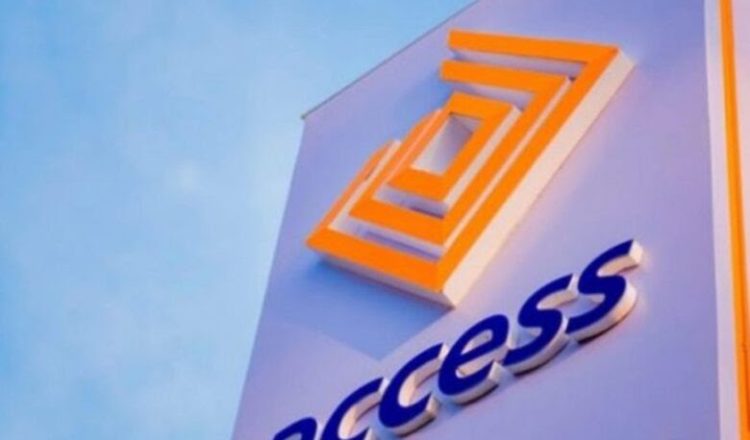
 Access Bank PLC has once again demonstrated its leadership in sustainable finance with a strong showing at the launch of the Climate Governance Initiative Nigeria (CGIN) Chapter, hosted by Lagos Business School.
Access Bank PLC has once again demonstrated its leadership in sustainable finance with a strong showing at the launch of the Climate Governance Initiative Nigeria (CGIN) Chapter, hosted by Lagos Business School.